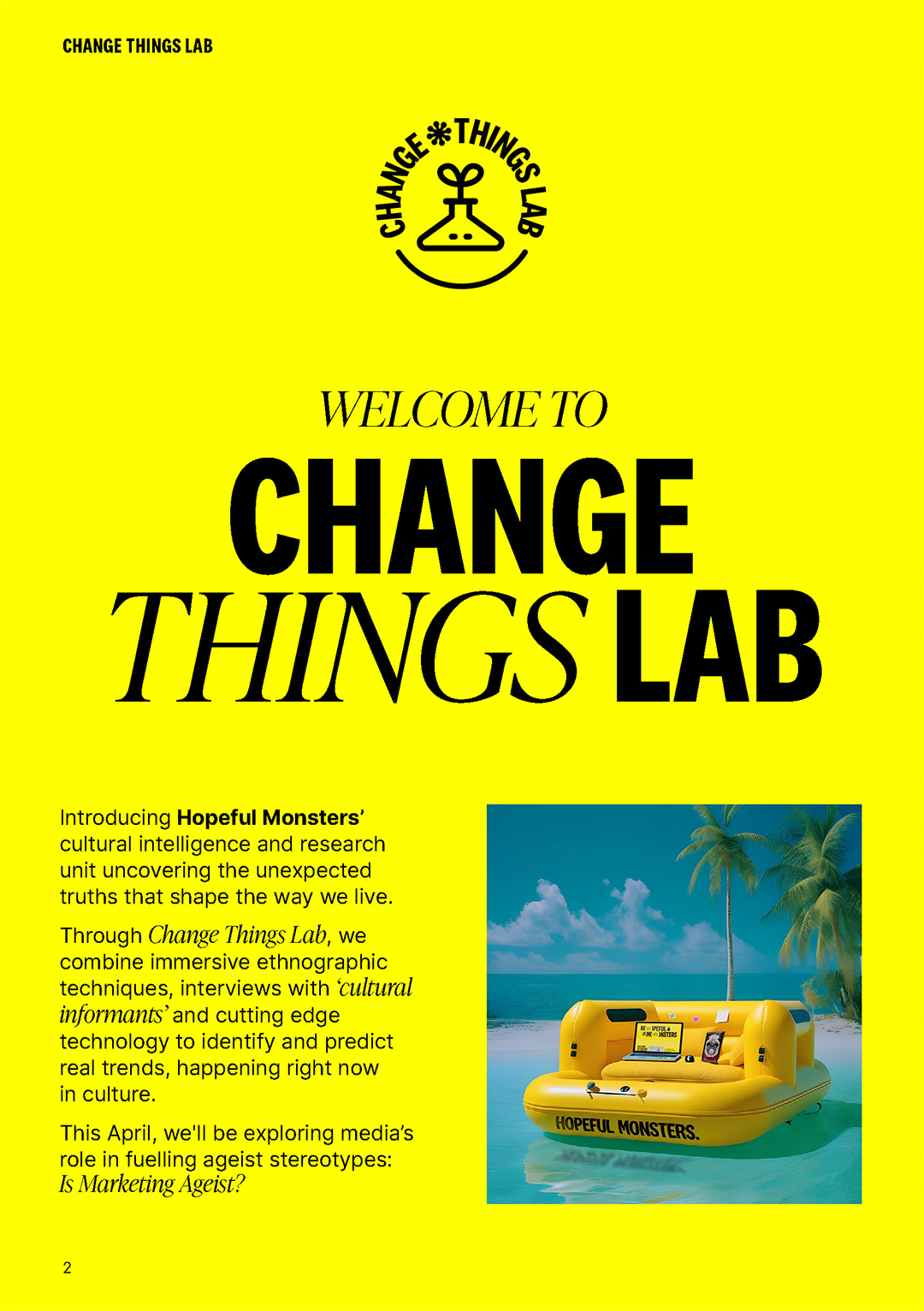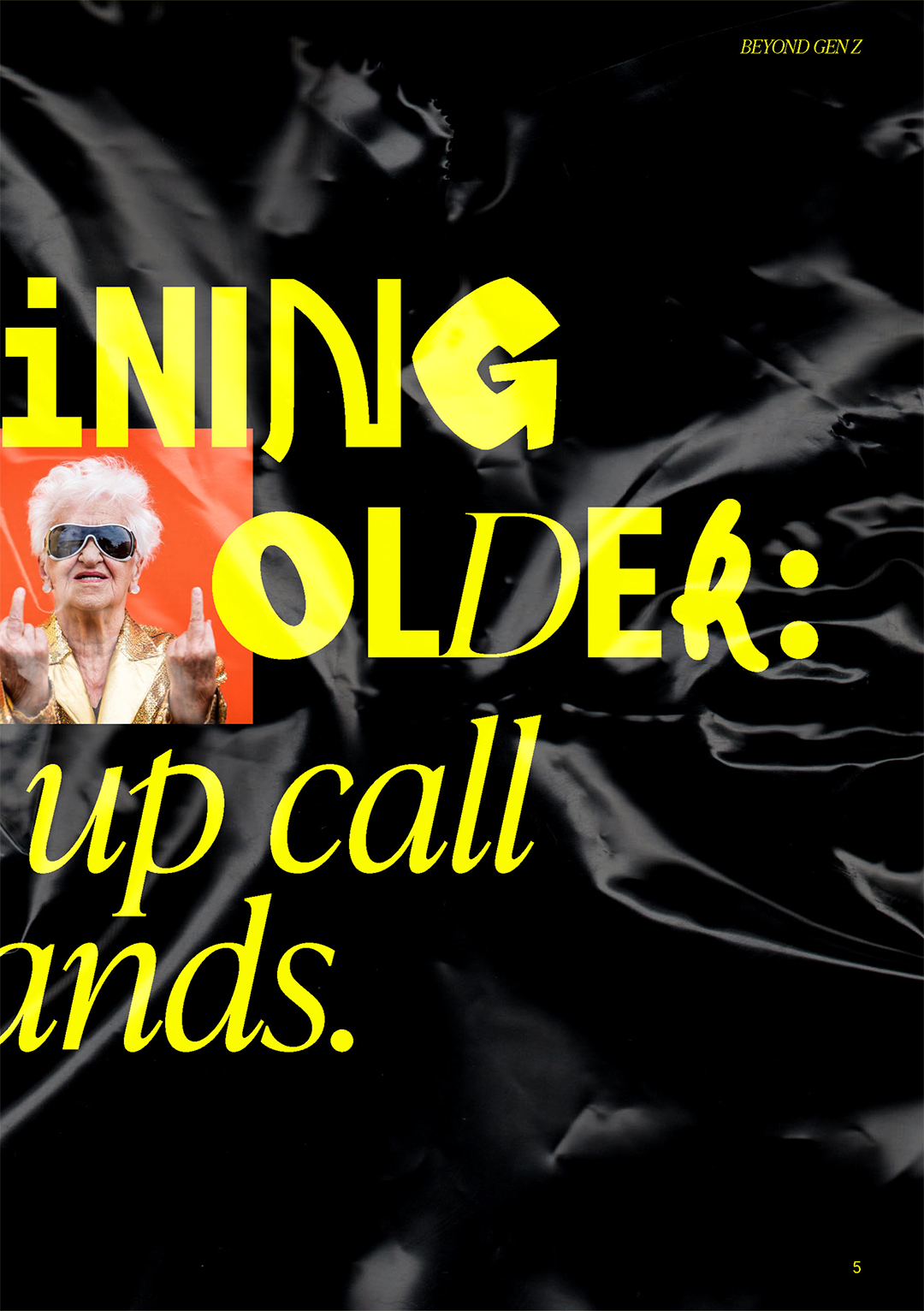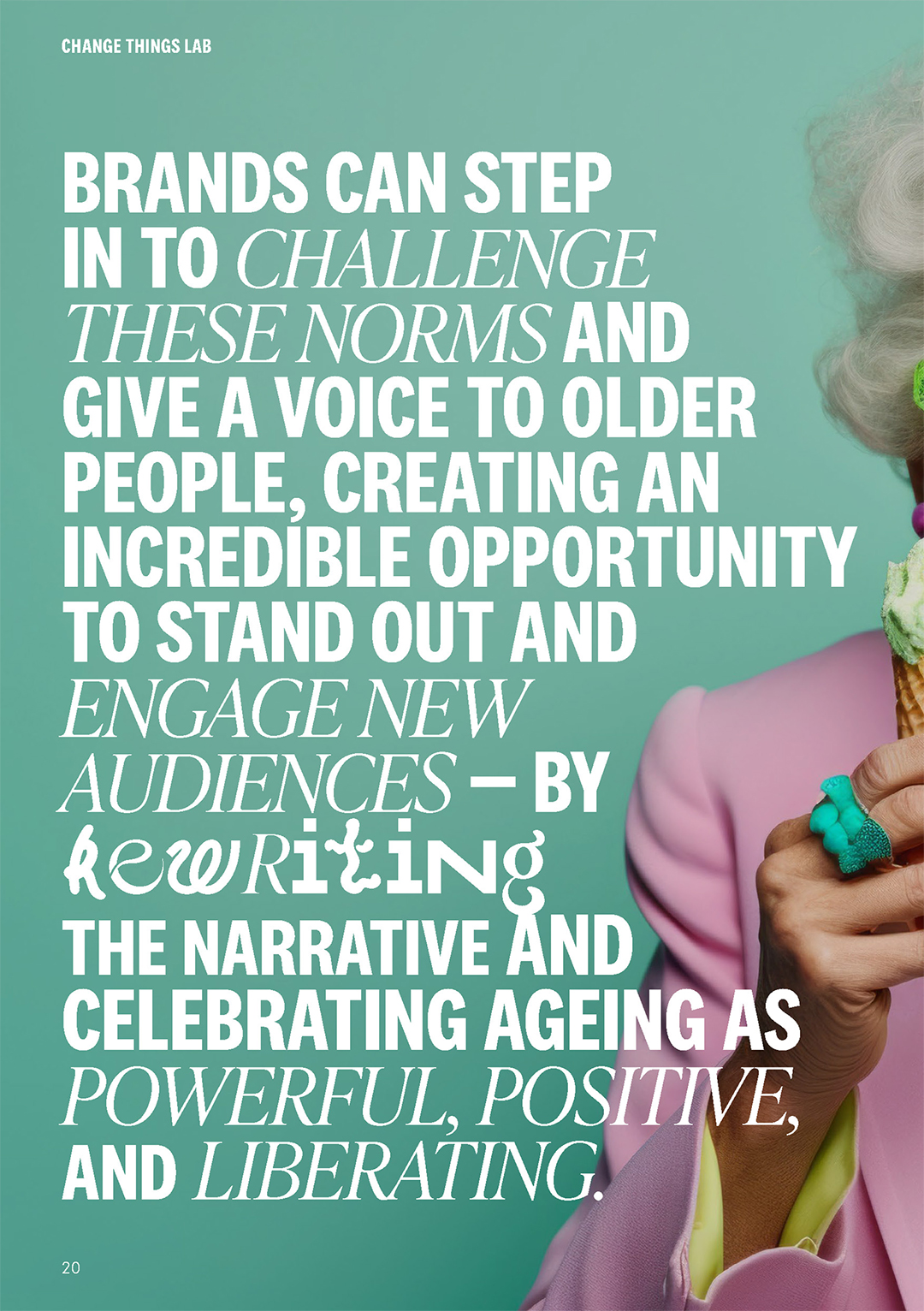May 8, 2024
The history of our industry is stained with plenty of examples of stereotyping, most of which, if placed into today’s society, would be considered seriously insulting. From the domestic goddess and damsel in distress, to the bumbling dad and the hyper-masculine macho man, the list of stereotypes in advertising is long and pretty downright embarrassing.
Despite what we’ve learnt from history though, marketing is still out of touch. Ads like Apple’s Mother Nature and that Pepsi spot, it’s clear marketing has been straying further away from what’s happening in the real world these past few years. Some would argue that this is because the industry has lost its creative mojo, pointing their finger at the highly fragmented media landscape, reduced advertising budgets and introduction of AI for the diminishing creativity crisis. But, I think the blame lies with our industry straying a little too far from the real world and the growing lack of ambition to go beyond what we think we know.
The uncomfortable truth is we work in one of the most elitist professions in Australia and we can be pretty self-absorbed. There’s an idea that any social belief, attitude or behaviour we see happening in society needs to be manifested through an experience made specifically for us in order for it to be worthy of adland’s attention. But, as David Foster Wallace puts it, we, as human beings, are self-centred by default.
“There is no experience you have had that you are not the absolute centre of. The world as you experience it is there in front of YOU or behind YOU, to the left or right of YOU, on YOUR TV or YOUR monitor. And so on. Other people’s thoughts and feelings have to be communicated to you somehow, but your own are so immediate, urgent, real.”
I’m not here to preach compassion and virtue though. As marketers, we have a choice to do the hard work and go beyond our hard-wired default setting of self-centeredness and look at the world through a lens that is not centred on self. Don’t take my word for it. Campaigns like REI’s #OptOutside and Heinenken’s ‘Worlds Apart’, show how setting your brand’s vanity aside to truly listen to what is happening in the world around you, without propagating how great your product is, can build deeper long-term connections with your audience.

Generally speaking, when we decide to uncover culture with a groundbreaking ‘cultural insight’, we only tend to focus on what has already happened in social phenomena and try to insert ourselves in the conversation for our own benefit. We speak to nothing more than a few sweeping and stereotypical claims about people to try and become relevant but when it’s based on trend reports and numbers on a dashboard, we aren’t given the whole picture to authentically connect with our audience.
This shouldn’t be new to you either. We know the key to gaining attention and building mental availability is to create a genuine emotional connection with our audience. It’s textbook advertising 101.
So, why are we getting it so wrong?
We are too focused on jumping on the next social phenomena to stop and truly listen to the reason why people are gravitating towards these shared attitudes and beliefs. It’s worth asking: does it make sense for us to insert ourselves in this conversation and do we even have a say in the matter?
For us to better understand the world around us (the world that is outside of our own little adland bubble), we need to speak to people who have lived unique and real experiences beyond our own. Rather than funnelling our own beliefs based on foggy assumptions, this allows us to uncover the truth behind what truly influences their desires and thoughts, and how their interactions shape their perceptions of self and others.

A classic example (and for good reason) is Dove’s Campaign for Real Beauty. A campaign that was not only inclusive and authentic to the brand, but self aware of the real world that was happening outside of the beauty category. It wasn’t self-serving or executed in a preachy, self-important way. It was created to deliver a message the world needed at the time. A cultural shift people talked about and said, “Oh well, that will never change.” Instead, Dove listened, spoke to real-life women and went for it – backing their audience’s values and showing their commitment to changing the world. Even after celebrating 20 years since the campaign launched, Dove’s commitment to celebrating ‘real’ beauty lives on today.
Through Hopeful Monsters’ new cultural intelligence unit, Change Things Lab, we’ve been able to uncover hidden truths in culture by speaking directly to people who care most about it (we call them ‘Cultural Informants'). Speaking 1:1 in a genuine conversation or observing their behaviour through ethnographic study, looking at the world from the perspective outside your own has never been more important. But, it’s not about taking advantage of current social phenomena to jump onto a bandwagon for marketing benefit or because we deem it worthy of marketing’s attention. Our focus is looking at what’s bubbling away under the surface of culture that deserves more attention and understanding the cause. Why? There are 7.9 billion human experiences happening every day that do not revolve around where marketers work and play. The ‘real world’ is not a land elsewhere waiting for adland voyagers to pay a visit. It’s all around us if we only care to look.


























